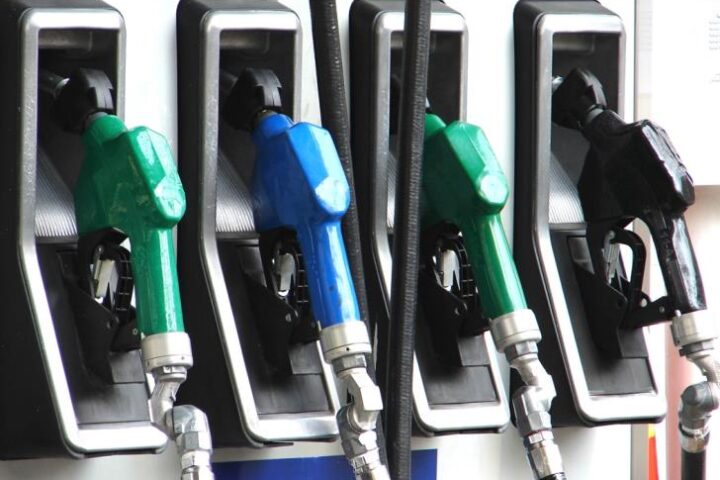The Cyprus government is adamant about ending an 8 cent subsidy on fuels after it expires on March 31, with Finance Minister Makis Keravnos saying the decision is final and irrevocable.
As of Monday, April 1, motorists can expect an initial increase of 7 to 8.3 cents a litre for motor petrol and diesel, along with a 6.3c hike on heating oil.
Following a Cabinet decision on Tuesday, Keravnos, told reporters that, “we (the government) have repeatedly stated that the European Union, the International Monetary Fund, and other supervisory bodies have indicated that horizontal measures should be abandoned.”
The minister said that with the agreement reached at the EU ECOFIN Council on EU public finances, “the recommendation was clear that member states should now and in the future prepare their budgets, emphasizing the need to abolish horizontal measures.”
“As for fuel taxation, as we have already announced in a timely manner, the subsidy will end at the end of March. In Cyprus, we still have the lowest gasoline price in the European Union and the lowest diesel price.
“However, the government is monitoring developments, and we are ready to develop and consider some more targeted measures in the case of fuels,” he emphasised.
The fuel tax freeze was introduced in March 2022 to buffer a hike in petrol prices, after crude oil prices soared to highs not seen since 2008 as a result of the war in Ukraine and sanctions on energy exporter Russia.
Under the measure aimed at combatting inflation, 7 cents a litre was reduced from the price of petrol, 8.3 cents for diesel and 6.4 cents for heating oil.
In March 2022, when the reduction in consumption tax started, the average price of 95 octane unleaded petrol was €1.44 a litre.
Prices at the pump on Wednesday were on average €1.418 a litre of 95 octane petrol, €1.508 for diesel, and €1.067 for a litre of heating oil.
Green tax
Consumers were in uproar earlier last week, as the government also had plans to introduce a green tax on fuel, which would see prices shoot further up by 14 cents a litre.
Keravnos confirmed that the government decided to delay the implementation of the new tax until after the summer holidays.
The House Energy Committee on Tuesday was also looking into the implications of the introduction of the green taxation, with the Ministry of Finance representative, Naya Symeonidou, stating that the relevant bill is still under consultation.
Responding to MPs’ references that the carbon tax will be imposed on April 1, the Ministry of Finance spokesperson clarified that this cannot be done, as imposing such a tax requires relevant legislation to pass through parliament.
Symeonidou also told MPs that the Ministry of Finance is continuing consultations with relevant departments to prepare “targeted” compensatory measures.
Small impact
A University of Cyprus representative talking at the same parliamentary meeting, told deputies that based on a study conducted by the university, the impact from the green taxation on businesses and households will not be significant.
For businesses, he added, the production cost will increase by less than 0.05%, while for households, the expected increase is expected to be much smaller.
“The impact will be very small, and compensatory measures will be provided to vulnerable population groups,” he concluded.









